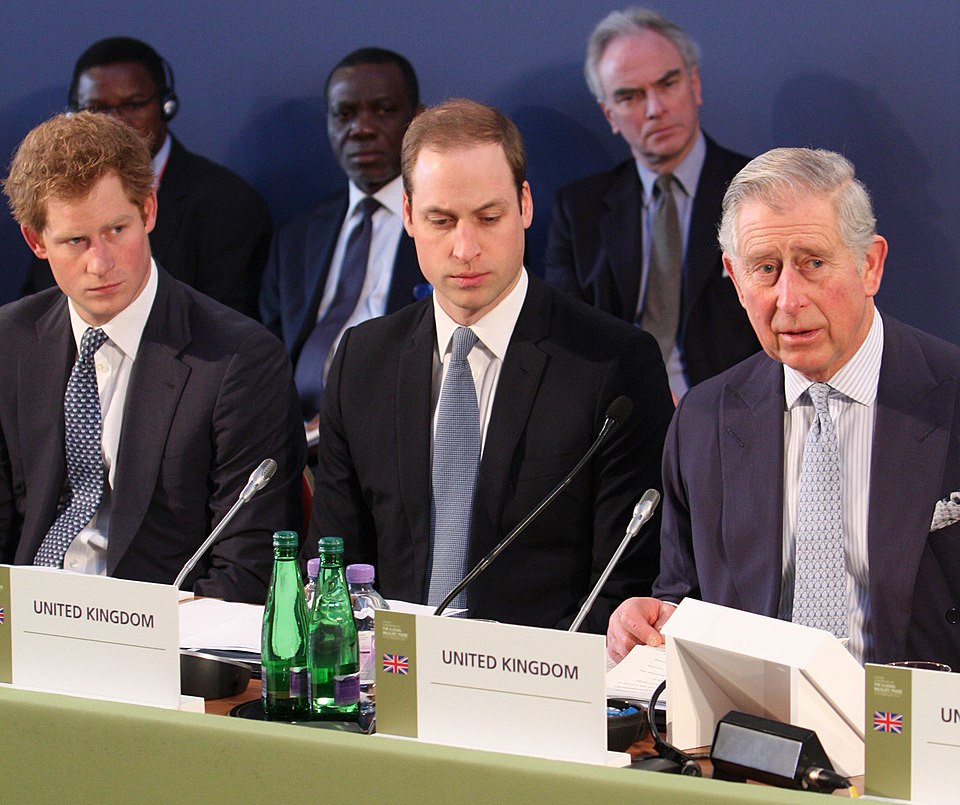
The British pound dipped against the euro, though it remained near a one-month high, while gaining slightly against a weakening U.S. dollar.
The dollar softened but held close to its highest level in nearly two weeks, with investors keenly awaiting a U.S. jobs report set to be released later this week.
A recent survey revealed that British factories experienced their strongest month in over two years this August, driven by robust domestic demand, which offset declining exports.
Sterling has been bolstered by improving economic data and cautious comments from Bank of England (BoE) Governor Andrew Bailey, who last week indicated a measured approach to further rate cuts.
The euro edged up by 0.18% against the pound, reaching 84.26 pence per euro, after touching a low of 83.98 pence on Friday, its lowest since July 25. Meanwhile, the pound saw a slight increase against the dollar, trading at $1.3132.
Analysts have noted that, over the past eight months, the UK economy has shown resilience, emerging from a shallow recession, supported by a new government focused on fiscal sustainability. Concurrently, the Bank of England’s Monetary Policy Committee (MPC) has started to ease its restrictive stance.
However, opinions vary regarding the future trajectory of British interest rates.
"Our economists anticipate one more 25 basis point rate cut from the BoE this year, likely at the November MPC meeting," said Emmanouil Karimalis, rate strategist at UBS. "That said, a cut in September shouldn’t be entirely ruled out, given the improved data since the August MPC meeting and the likelihood of a rate cut by the Federal Reserve as well."
The BoE’s September MPC meeting is set for September 21, just one day after the Federal Reserve’s rate decision.
Mark Dowding, CIO at BlueBay, RBC BlueBay Asset Management, added, "Finance Minister Rachel Reeves’ commitment to fiscal sustainability has been positively received by markets. However, rising union wage costs and increasing utility bills are creating challenges. The ongoing inflationary pressures make it difficult for the Bank of England to reduce interest rates significantly in the coming months."






























































